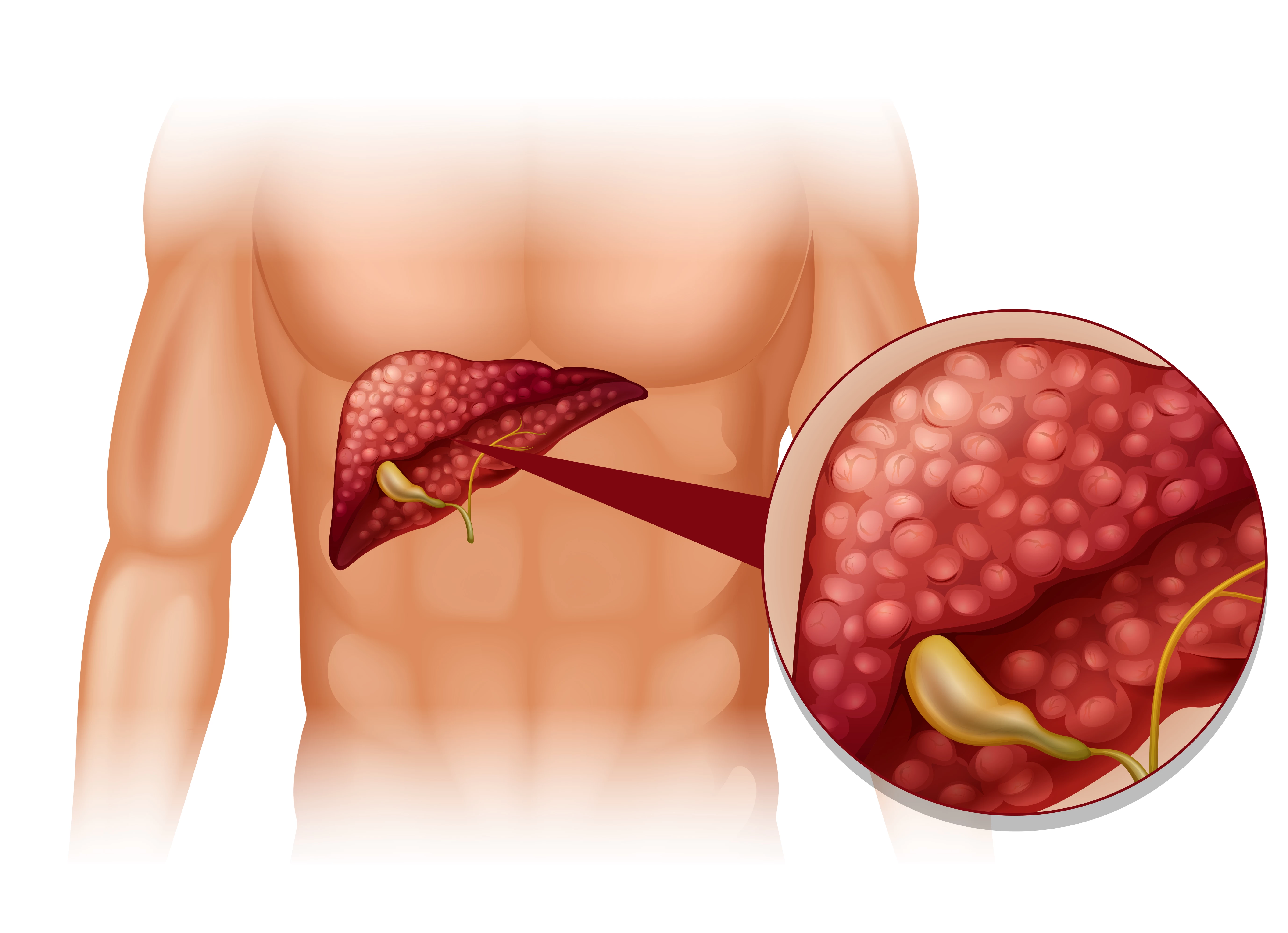
Chronic Fatigue Syndrome
- Chronic Fatigue Syndrome
- What is Chronic Fatigue Syndrome?
- What Causes Chronic Fatigue Syndrome?
- What Are the Symptoms of Chronic Fatigue Syndrome?
- How Is Chronic Fatigue Syndrome Diagnosed?
- How Is Chronic Fatigue Treated?
What is Chronic Fatigue Syndrome?
Chronic Fatigue Syndrome is a chronic disease of uncertain exact cause, characterized by widespread muscle and joint pain, reluctance, sometimes anorexia, sometimes overeating, headache, weight loss or weight gain, which usually does not go away with rest and lasts for at least 6 months.
What Causes Chronic Fatigue Syndrome?
Although the exact cause of Chronic Fatigue Syndrome (CFS) is unknown, research often suggests that a combination of multiple factors can lead to CFS. Some possible causes are:
- Viral infections: CFS may occur after some viral infections. Especially Epstein-Barr virus (EBV) is a virus thought to be associated with CFS.
- Immune system problems: Some research suggests that CFS may be associated with immune system problems.
- Stress: Chronic stress can cause CFS symptoms to worsen.
- Hormonal imbalances: Some hormones, especially thyroid hormones, can cause or worsen CFS symptoms.
- Genetic predisposition: Some genetic factors are thought to increase the risk of developing CFS.
- Chemical toxins: It is thought that some chemical toxins may increase the risk of developing CFS.
Although the cause of CFS is not known exactly, symptoms of CFS may occur with the combination of these factors. However, before any diagnosis of CFS can be made, other possible medical conditions need to be ruled out.
What Are the Symptoms of Chronic Fatigue Syndrome?
- There is a feeling of tiredness, which is accompanied by constant exhaustion and sleepiness.
- Non-rheumatic muscle and joint pains are seen. These pains can be severe enough to limit a person's daily activities.
- Throat and abdominal pain, loss of energy, nausea and sometimes vomiting are seen.
- Hypersensitivity to sound, noise, light and environmental factors develops.
- There is forgetfulness and decline in cognitive performance and concomitant lack of concentration.
- Disorders in sleep pattern and quality, oversleeping, inability to fall asleep, and daytime drowsiness are observed.
- The immune system becomes weak and frequent illness is observed.
- Intestinal disorder in the form of diarrhea or constipation is observed.
- Negative attitudes towards business and social life develop and this leads to failure in business life.
- There is constant restlessness.
- Depression or dizziness becomes dominant.
How Is Chronic Fatigue Syndrome Diagnosed?
Without a specific test, Chronic Fatigue Syndrome is diagnosed after other potential medical conditions have been ruled out. For diagnosis, medical history, physical examination, evaluation of mental state and laboratory tests are examined. To diagnose chronic fatigue syndrome, medical history, physical examination, mental status and laboratory findings should be evaluated.
If fatigue is persistent or recurrent and has been clinically evaluated, Chronic Fatigue Syndrome should be considered. However, the likelihood of Chronic Fatigue Syndrome may be higher if the fatigue has not been present throughout life or has started at a new time, is not a result of continued activity, is not relieved by rest, and leads to a marked reduction in current work, educational, social, and private life activities.
How Is Chronic Fatigue Treated?
The main aim of the treatment is to make the patient more active and functional and to reduce the symptoms of fatigue.
- Medication: When the pain is intense, painkillers can be taken.
- Vitamin supplementation: If vitamin deficiency accompanies, vitamin supplementation should be given. In addition, if there is osteoporosis, it should also be treated.
- Changing dietary habits: Diets that reduce inflammation, such as a gluten-free diet, also work.
- Multidisciplinary treatment approach: Sometimes, departments such as psychiatry, physical therapy, internal medicine, rheumatology, and dietician may require a multidisciplinary approach. Patients with chronic fatigue syndrome are encouraged to lead an active social life.
- Combating stress: Stress reduction and relaxation techniques can be used to help reduce chronic pain and fatigue.
- Sports and exercise: It is also extremely important to take care of physical health and regular physical activities. It is recommended to avoid excessive exercise on days when fatigue is severe.
- Neural therapy: A complementary treatment method called neural therapy is also used. Neural therapy is a treatment method that activates the body's self-healing mechanisms. Some foci detected in neural therapy are stimulated. In this method, chronic pain and fatigue symptoms can be suppressed by applying injections to certain areas.
- Ozone therapy: Ozone therapy can also be tried in the treatment of chronic fatigue.





